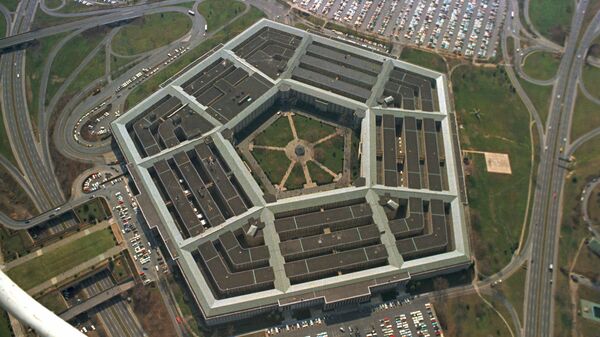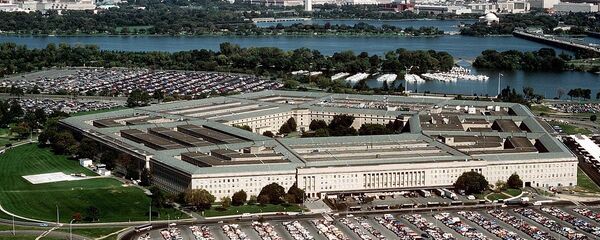The Pentagon has failed to pass a clean audit in 2020 after several unsuccessful attempts undertaken over the last three years. The last attempt is, however, expected to result in a clean audit for the Defence Information Systems Agency’s working capital fund, which will make it the seventh Department of Defence office to receive one. At the same time, many more, including the Army, Navy, and Air Force, are yet to produce one.
The process of accounting for all of the Department of Defence assets, cash flows, and expenditures could take years and might only conclude around 2027, acting Department of Defence Comptroller Thomas Harker warned, while calling the progress made during the 2020 audit attempt a "significant improvement". However, it appears that it not only managed to give a clean audit to the DISA, but it also greatly improved the accountability of the Marine Corps, as well as other Pentagon-related agencies.
"What you’re seeing is a maturation of the process. Many of the individual agencies or services are developing more capability and better accounting skills so that they can resolve a lot of the problems, and you’re seeing significant process in certain areas", Harker noted.
Harker further noted that the COVID-19 pandemic had severely impeded the ability of auditors to carry out inspections at the numerous American overseas bases due to travel bans. While part of the work can be done via videoconferences, namely ensuring the existence of the assets mentioned on the documents, it is impossible to assess whether all of the Pentagon's overseas assets are properly registered in the DoD's papers without visiting the bases in-person, the comptroller explained.
The Pentagon is the last US government department to remain without a clean new audit, which would have been the third one in its history. The Department of Defence long resisted starting the last audit, citing the extreme complexity of the endeavour, considering the Pentagon's exorbitantly huge structure and the amount of assets. However, the process was kick-started in 2017 under pressure from Congress. In order to make it doable, the audit was separated into 24 separate ones, each focusing on its own departmental its own departmental offices. So far, the review of assets has found no signs of fraud, but has only resolved a little over 16% of all the issues that emerged over the last three years.




